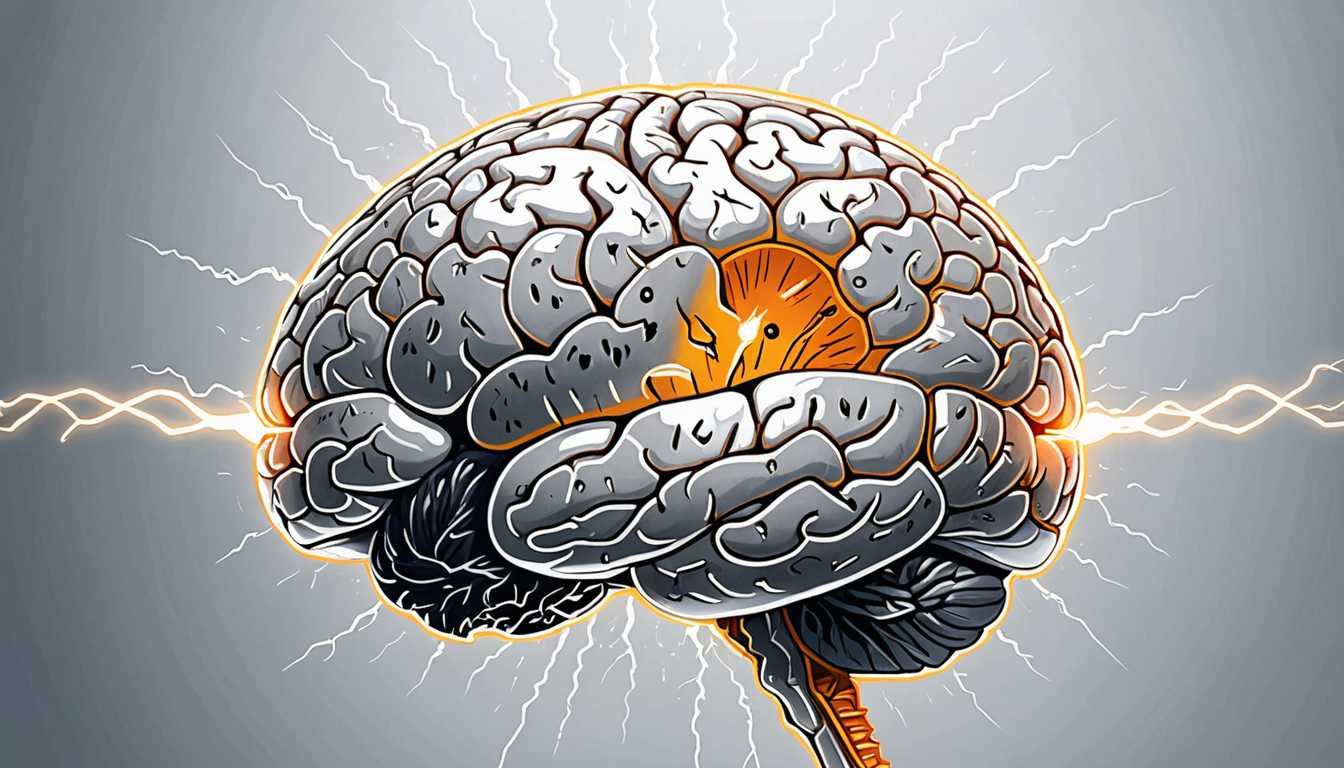Living Forever: Science or Science Fiction?
May 2024
Harvard Gazette
Introduction
Are you curious about how science is tackling the aging process? Check out "CellImage," where researchers uncover breakthroughs in anti-aging! This article dives into the fascinating world of longevity and whether living forever is a dream or a dilemma. With mind-boggling discoveries and a sprinkle of humor, it’s a must-read for anyone pondering life’s big questions. So, grab your favorite snack and get ready to explore—your future self might thank you!
READ FULL ARTICLEWhy It Matters
Discover how this topic shapes your world and future
The Curious Quest for Longevity
Imagine living for hundreds of years or even longer. The concept of aging and what it means to live a long life is not just a scientific question, it's also a philosophical one. Venki Ramakrishnan, a Nobel Prize-winning scientist, explores the science of aging in his book Why We Die - The New Science of Aging and the Quest for Immortality. There are fascinating discussions about why different creatures have such varied lifespans—from mayflies that live only a day to Greenland sharks that can last for over 400 years. While scientists are making strides in understanding how aging works and how we might slow it down, we must also consider the consequences of potentially living forever. What would that mean for our society, our environment, and our personal experiences? Exploring these questions can help you think critically about the future of humanity and your role in it.
Speak like a Scholar
Longevity
The length of time that someone or something lives, in this context, it refers to the duration of human life.
Cellular Reprogramming
A scientific process where fully developed cells are reverted back to a more youthful state, similar to how stem cells behave.
Transcription Factors
Proteins that help turn specific genes on or off by binding to nearby DNA. They play a crucial role in determining how cells develop and function.
TOR Pathway
A complex network of proteins that regulates many cellular functions, including growth and metabolism, and is involved in the aging process.
Pluripotent Stem Cells
Cells that can develop into any type of cell in the body, giving them powerful potential for medical research and treatments.
Conflicts of Interest
Situations where someone's personal interests might interfere with their professional responsibilities or decisions, often seen in research when scientists have financial ties to companies.
Independent Research Ideas
Explore the ethical implications of anti-aging research
What are the potential benefits and drawbacks of extending human life? Investigating this topic could lead you to fascinating debates about human rights and societal impact.
Investigate how different cultures view aging and longevity
How do various societies across the world celebrate long life? This could involve comparing traditions, beliefs, and practices regarding age and health in different cultures.
Research the role of diet in aging
Consider investigating how different eating habits, like caloric restriction, can affect lifespan and health. This could also connect to studies on nutrition and health science.
Examine the future of cellular reprogramming technologies
What breakthroughs are on the horizon? Investigating advancements in this field could provide insight into the future of medical treatments and aging.
Analyze the market for anti-aging products
What are the claims made by companies, and how do they compare with scientific evidence? This project could help you develop critical thinking about consumer behavior and advertising.
Related Articles
Neurons: Tracking Aging for Brain Health Insights
July 2024
King's College London - News

Malaria: A History of Bugs and Humans
June 2024
Harvard Gazette

Antidepressants: The Brain's New Delivery Heroes
June 2024
King's College London - News

Commerce Claims the Cosmos
April 2024
MIT Technology Review

Happiness: Beyond the Gym
February 2023
Harvard University